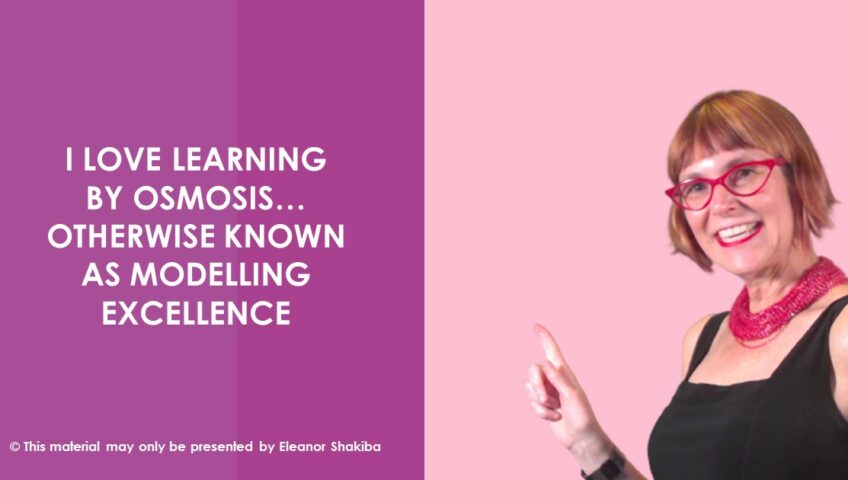Why should professional facilitators be in coaching themselves? Well, I’m tempted to get on my high horse here. I firmly believe ‘people experts’ face the same challenges as therapists and coaches. Why do I believe this? Because helping others, as facilitators and coaches do, inevitably means dealing with your own ‘stuff’ as well as your clients’ issues. The best practitioners I have met in personal and professional development fields all have regular coaching or counselling themselves.
The bottom line is that professional supervision helps coaches and facilitators to:
- Reflect on their coaching or training interventions
- Manage any triggers or defences they experience when working with difficult client
- Build coaching or facilitation plans in consultation with an external partner, thus ensuring they develop high impact approaches
- Debrief after unsuccessful or challenging client interactions
There are also a number of personal benefits ‘people experts’ can gain from participating in regular coaching or supervision. Here’s why I attend coaching every month without fail.
As an introvert, I need a structure for reaching out
Introverts are autonomous and self-disciplined. This is often seen as a strength. Like all strengths, though, when taken too far. It can become a limiting characteristic. To me, the downside of being an autonomous practitioner is that I will build my own solutions rather than seeking expert assistance. Having a monthly coaching session prevents me doing this too often. It gives me a forum for talking through tricky decisions or complex situations. I often find that discussing a challenging scenario with my coach leads to faster and more effective solution finding than working solo.
Sometimes I am too creative
Creativity is my signature strength. I love coming up with new ideas. Indeed, it’s impossible to stop myself from doing this. In the early stages of my career, I exhausted myself by trying to action every idea I developed. These days, I work a lot smarter. I keep a list of my brilliant ideas. Then I discuss these with my coach. By the end of our session, I’ve usually discarded most of the ‘shiny things’. Those that are left have been developed into concrete action plans, which become part of my business strategy.
This keeps my creativity working on the important things. It also enables me to switch between creative and practical modes in a way that suits my work style. It has taken me many years to realise that whilst thinking up new ideas is fun, actioning them takes a great deal of energy. It is therefore important to ensure I am spending my energy on the best ideas, rather than trying to do all of them.
I love learning by osmosis… otherwise known as modelling excellence
As an NLP trainer, I am passionate about learning from masterful practitioners. Working with a coach gives me a brilliant opportunity to observe a more experienced practitioner in action. This enriches my own client work, as well as giving me inspiration for reading up on new theories and professional developments.
Overall, I believe that coaches should walk our talk. We tell our clients, “Coaching is a foundation for masterful performance.” Therefore, it makes sense that we should be in coaching ourselves. Have I been true to my word here? Well, last year my coach and I celebrated 20 years of working together. That means I spent more than 200 hours as a coachee myself. Looking back, I can certainly confirm that every hour has contributed to my wellbeing and success.
Eleanor Shakiba is a positive psychology trainer and coach. To find out more about her approach to producing positive results with her clients, download the Positive Psychology Toolkit for HR and L&D Practitioners here. It’s a free resource, in which Eleanor explores the foundation techniques of positive psychology.
About the author: Eleanor Shakiba
Eleanor is a positive psychology trainer and coach. She consults to a range of sectors – including higher education, health, finance and local government. Eleanor has been running training and coaching sessions for people in high intellect professions since 1994. She is qualified in Social Anthropology, Positive Psychology, Counselling, Coaching, Adult Education and Neuro Linguistic Programming. She is also the author of the Positive Psychology Toolkit for HR and L&D Practitioners. This is a free resource for trainers and facilitators.
